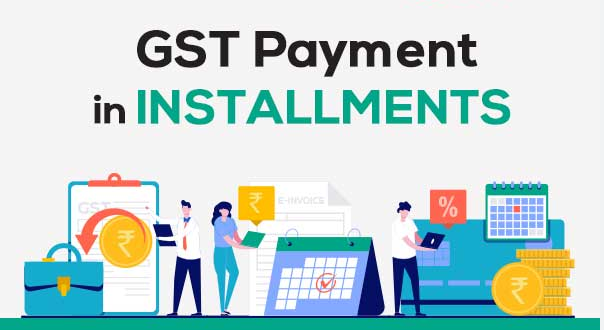GST Registration:
Businesses need to register for GST with the tax authorities. Upon registration, they are assigned a unique GSTIN (Goods and Services Tax Identification Number).
GST Invoice Generation:
When making a sale to a registered GST customer, businesses are required to generate a GST invoice
that includes specific information, such as the seller's and buyer's details, GSTIN, item details, quantities, prices, applicable GST rates, and taxes. The invoice should comply with the prescribed format and include appropriate HSN (Harmonized System of Nomenclature) or SAC (Service Accounting Code) codes.
GST Tax Calculation:
Businesses need to calculate the GST amount to be collected from customers and paid to the taxauthorities. The GST amount is calculated by applying the applicable GST rate (CGST, SGST/UTGST, or IGST) on the taxable value of the goods or services sold. The taxable value is the total sale amount minus any discounts or exemptions.
GST Input Tax Credit (ITC):
Registered businesses are eligible to claim input tax credit, which allows them to reduce their GST liability. Input tax credit can be claimed on GST paid on purchases of goods or services used for business purposes. Proper documentation and maintenance of purchase invoices and other supporting documents are essential for claiming ITC.
GST Returns:
Businesses are required to file periodic GST returns with the tax authorities, providing details of theirsales, purchases, and GST liabilities. The returns include GSTR-1 (outward supplies), GSTR-2A (auto-generated inward supplies), GSTR-3B (summary return), and annual returns. The filing frequency varies based on the turnover and type of business.
Accounting for GST:
GST accounting involves recording GST transactions accurately in the accounting system. Thisincludes maintaining separate ledger accounts for GST receivable (output tax) and GST payable (input tax), tracking ITC, reconciling GST returns with the accounting records, and ensuring compliance with GST regulations.
GST Payment:
Businesses need to pay the GST liability to the tax authorities within the specified due dates. The
payment can be made electronically through online modes, such as net banking or debit/credit cards. Late payment may attract penalties and interest charges.
It is crucial for businesses to ensure proper documentation, accurate record-keeping, and compliance with GST laws and regulations. Utilizing specialized accounting software that integrates GST features can streamline the billing, accounting, and reporting processes, ensuring accurate and timely GST compliance. Consulting with a tax professional or GST expert is recommended to navigate the complexities of GST accounting effectively.








Please contact me for GST Billing and Financial Accounting Software jatisafari@gmail.com
ReplyDelete